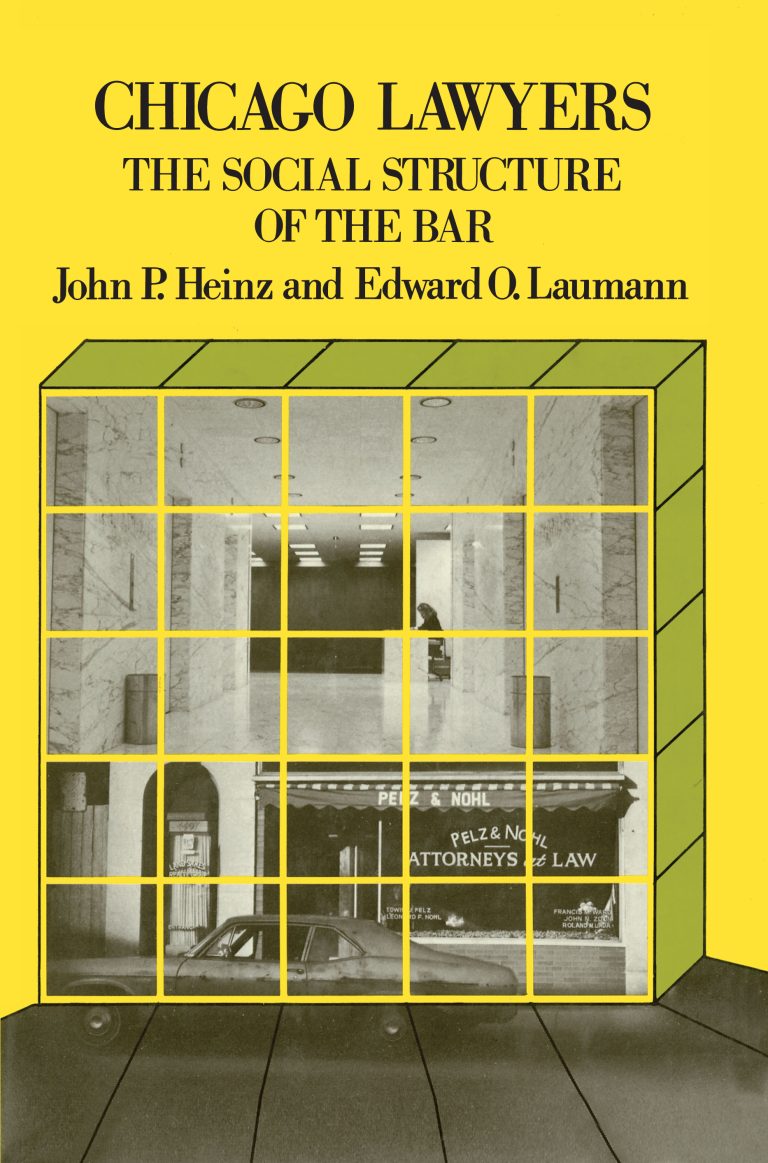In this book, Susan Shapiro reports on the complex ethical dilemmas and conflicts of interest faced by lawyers in the U.S. Drawing on case studies and interviews with legal professionals, she examines the challenges of navigating conflicts of interest, balancing loyalty to clients with duties to the court and the public, and addressing issues of bias and discrimination.
John Donohue III and Steven D. Levitt argue that legalized abortion has contributed significantly to recent crime reductions in this article.
In the last quarter of the twentieth century, urban law practice changed markedly. Using data from two surveys of Chicago lawyers, the first in 1975 and the second in 1995, the article argues that the most consequential development was the sheer increase in the size of firms.
This book chapter by Susan P. Shapiro examines white-collar crime and the ways in which it differs from other types of criminal behavior.
This article with Nour J. Abdul-Razzak studies the consequences of lifting restrictions on funding of groups engaging in outside spending in elections.
Susan P. Shapiro explores conflict of interest in legal practice, focusing on the challenges and ethical implications of navigating conflicts in legal settings.
This book, featuring Carol A. Heimer, explores how responsibility is organized in hospital and home settings to benefit critically ill newborns.
This book explores the role of private interests in the making of national policy, revealing how they influence and manipulate public decision-making.
Susan P. Shapiro analyzes how newspaper fact-checkers exercise their craft and how stories change in this article.
This pathbreaking book not only reveals how “wayward capitalists”—representatives of publicly held corporations, stock buyers and sellers, stockbrokers, investment advisers, accountants, and attorneys—defraud investors but also explains how Securities and Exchange Commission enforcers catch, investigate, and prosecute these offenders.
This volume, published jointly with the ABF, offers a uniquely sophisticated and comprehensive analysis of lawyers’ professional lives.

